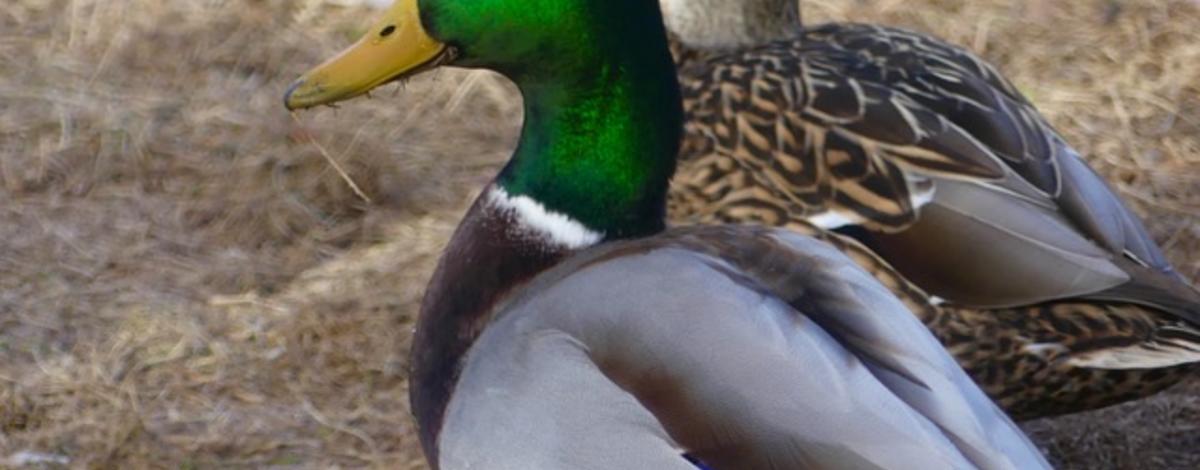Avian influenza is infecting birds across Idaho, and Idaho Fish and Game is aware of numerous cases of wild bird die-offs. Unfortunately, the disease will have to run its course in most instances, and Fish and Game personnel cannot respond to all cases of infected wild birds.
“We are aware sick and dead birds are being seen by the public in many ponds, irrigation ditches, etc., especially in the Treasure Valley, and we do not know how long this avian influenza outbreak will last,” said Fish and Game’s Wildlife Health Program Coordinator Stacey Dauwalter. “Infected geese, ducks and other birds will continue to be found until the outbreak has abated."
Live birds appearing ill should be left alone. Local wildlife rehabilitation centers are not currently accepting wild birds. There is no treatment or vaccine for avian influenza and moving sick birds may spread it farther.
Dead birds can be double-bagged and placed in a trash receptacle so long as people wear gloves and a mask. People should also make sure to wash their hands after handling birds.
Please report sick or dead wild bird observations online to assist avian influenza surveillance efforts.
According to the U.S. Center for Disease Control, bird flu viruses do not normally infect humans, however, sporadic human infections with bird flu viruses have occurred. Symptoms may include conjunctivitis, fever, lethargy, aches, coughing, or diarrhea.
Avian influenza is carried by waterfowl (geese and ducks) along their migratory paths. In Idaho that path is known as the Pacific Flyway.
Domestic birds and poultry are very susceptible to showing symptoms and dying once infected. Influenza is transmitted between birds through close contact (mucous), fecal matter, and sometimes as an aerosol. It is also carried on objects such as tools, vehicles, clothes, and boots, which can transfer the virus from one location to another. Please contact the Idaho State Department of Agriculture (ISDA) if you have concerns about commercial or backyard poultry.
For more information for domestic poultry owners and others who house birds:

